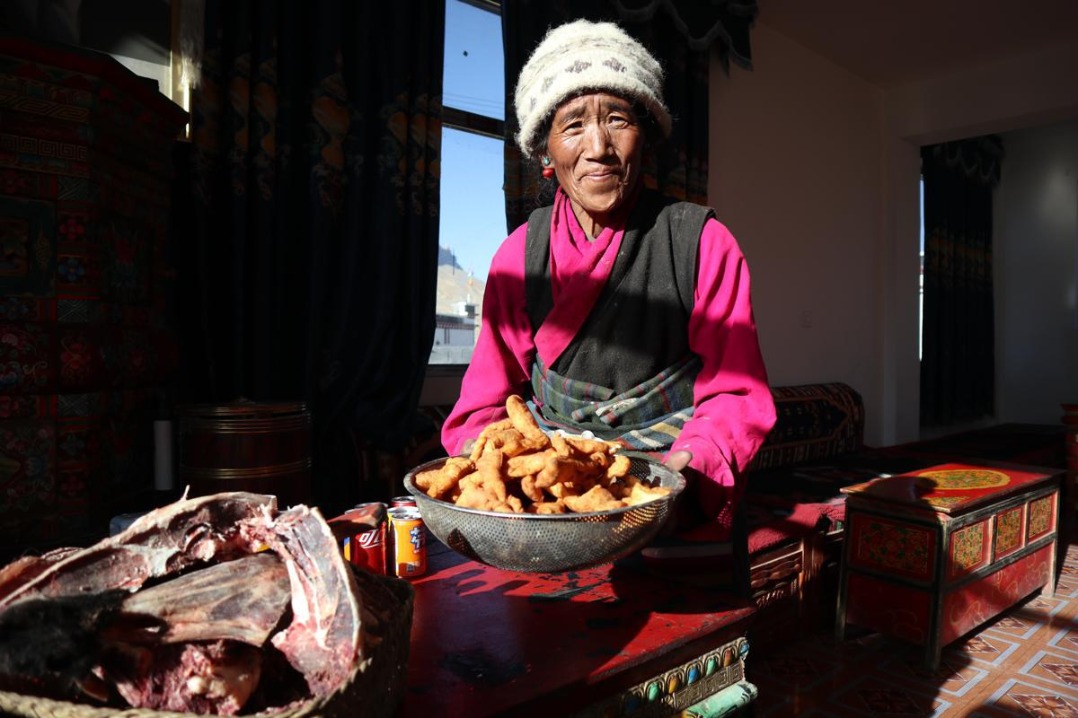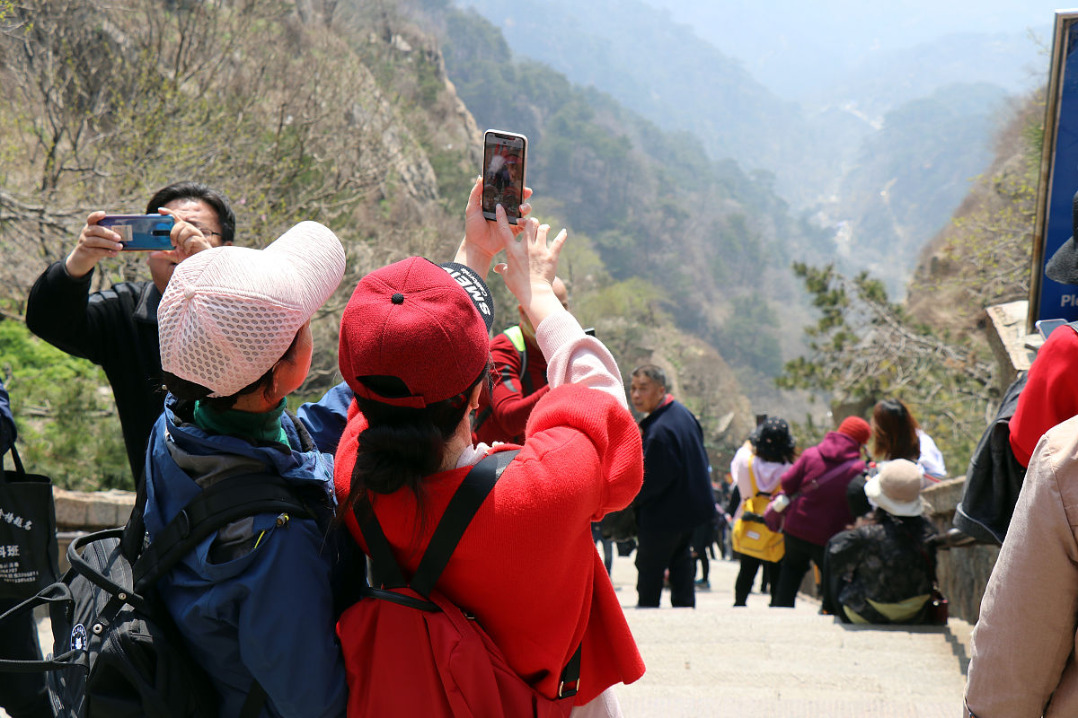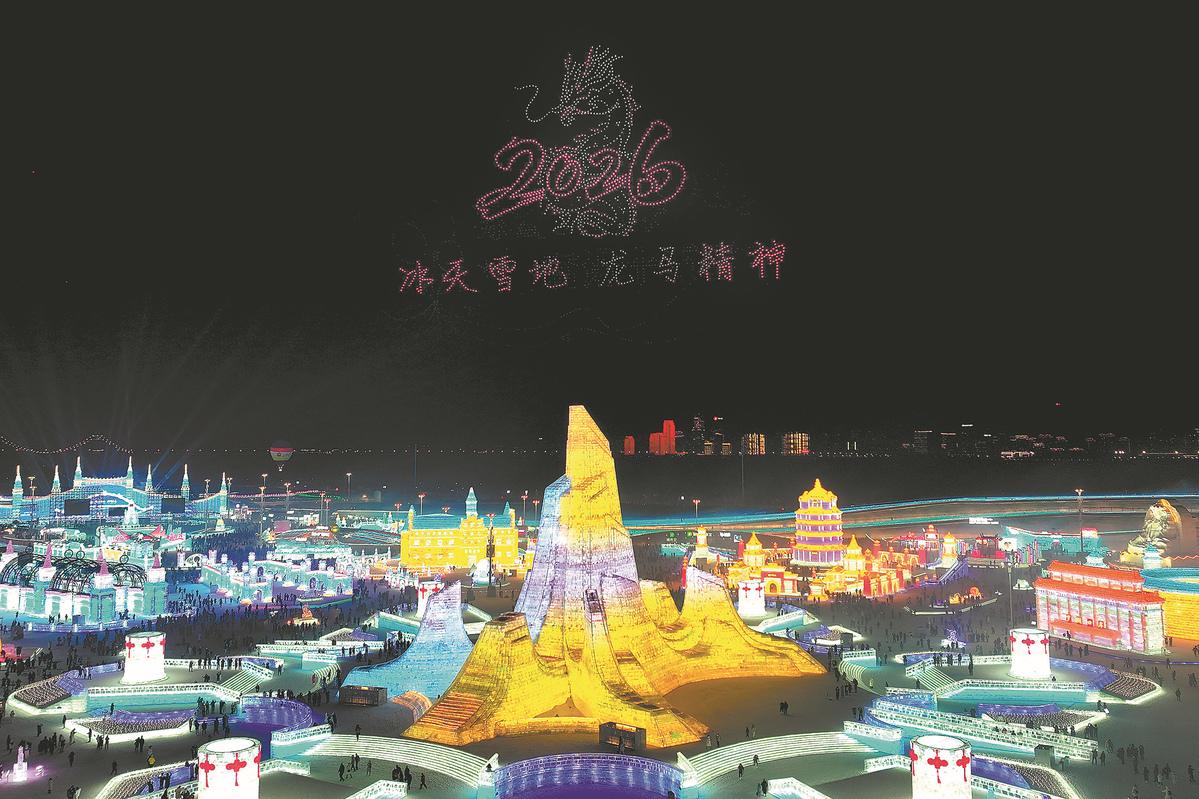Birthplace of first Chinese edition of The Communist Manifesto

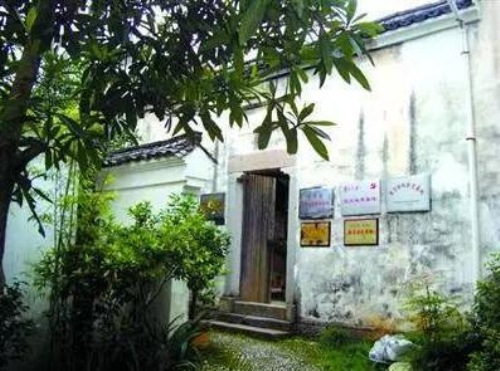
HANGZHOU — In 1920, 29-year-old Chen Wangdao completed the first Chinese version of The Communist Manifesto in his hometown of Yiwu in East China's Zhejiang province.
Chen's translation was published in 1920, one year before the Communist Party of China (CPC) was founded.
Zhang Jianpeng, former head of the CPC history research center in Yiwu, said in 1920, only 1,000 copies of Chen's translation of The Communist Manifesto were printed. In the following six years, it was reprinted 17 times.
As Marxism has spread across in China, Yiwu has transformed from a small county best known for producing street peddlers to become the world's largest marketplace for small consumer goods. The city, home to more than two million, has over 10,000 foreigners living here.
Marx predicted that a Chinese form of socialism would appear, which would be different from European socialism. Yiwu was Marxism's the first stop in China, and has become a test bed for socialism with Chinese characteristics.
In 2017, a railway link between Yiwu and Madrid has carried Chinese exports to 35 countries. A total of 168 round train trips were recorded on the railway last year, handling 15,000 TEUs of containers.
Aziz Ullah, Afghanistani businessman, first came to Yiwu 16 years ago. Since then, the small commodity trade has helped him open 8 shops in Asia and Europe. He now relies on the Yiwu-Madrid railway to send goods to his shop in London.
Besides trading small commodities, Ullah has started to sell solar panels and has read English editions of Chinese leaders' books to understand Chinese Communist thought.
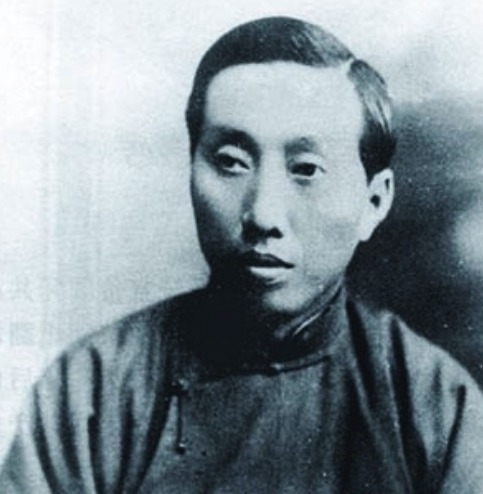
"When I first came here, I just placed orders and returned to my home in Afghan. But in a few years, I made Yiwu my home," said Ullah, who is now among 10 foreign mediators helping the city government in business disputes involving foreigners.
Mohamed Ammar, an Egyptian living in Yiwu for over ten years, said the city is safe and international.
"I have made it my home because I've got used to the life of online shopping and traveling by high-speed train," said Mohamed, whose company is shifting from traditional cross-border trade to e-commerce.
In 2017, Yiwu's e-commerce transactions hit 222 billion yuan ($35 billion), up 25.3 percent. Of that, cross-border e-commerce amounted to 22.1 billion yuan, up 38.2 percent.
Today's Top News
- Two more listed as diehard 'Taiwan independence' separatists
- China's postal delivery volume hits 216.5b items in 2025
- 2025 in review: A year of shifting horizons
- Decade-plus high for key A-share index
- Spirit of the Long March guides nation for socialist modernization
- China curbs dual-use item exports to Japan



















